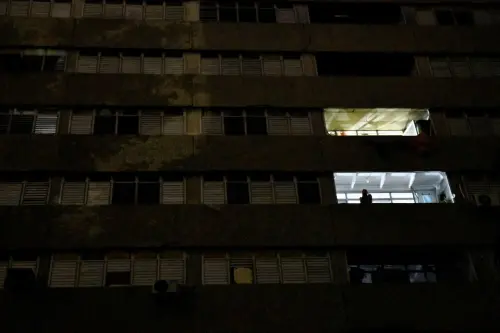In Havana on February 14, Cuba announced the closure of schools and instructed non-essential workers to stay home due to the faltering electrical grid. The situation stems from a major power plant failure, resulting in widespread blackouts across the crisis-ridden island.
Government reports indicate that only six of the country's 15 oil-fired power plants are operational, with a severe fuel shortage preventing the use of smaller diesel-fired generators that serve as backups.
This crisis has severely impacted the outdated electrical system, causing the largest blackouts since nationwide grid collapses late last year, which left the entire population of 10 million people without power and led to protests and unrest.
Fuel shortages from Venezuela, Russia, and Mexico last year exacerbated the struggles of Cuba's obsolete power plants, leading to a current state of crisis.
The government announced on Thursday the suspension of non-essential teaching and work activities, while assuring that basic services would be maintained.
Residents in Havana experienced blackouts lasting from six to 10 hours this week, a situation aggravated in provincial cities and rural areas where outages persisted for up to 20 hours daily.
These blackouts have added to the anxiety of a population already facing shortages of food, fuel, and medicine, with over a million Cubans having emigrated since the onset of the COVID-19 pandemic due to deteriorating conditions.
Cuba attributes the difficulties in maintaining its electrical grid and securing fuel and spare parts to the U.S. trade embargo and sanctions, which were tightened during the Trump administration and not alleviated by President Biden.
Despite the challenges, Cuban officials anticipate a slight improvement in conditions as fuel supply is expected to increase over the weekend.
